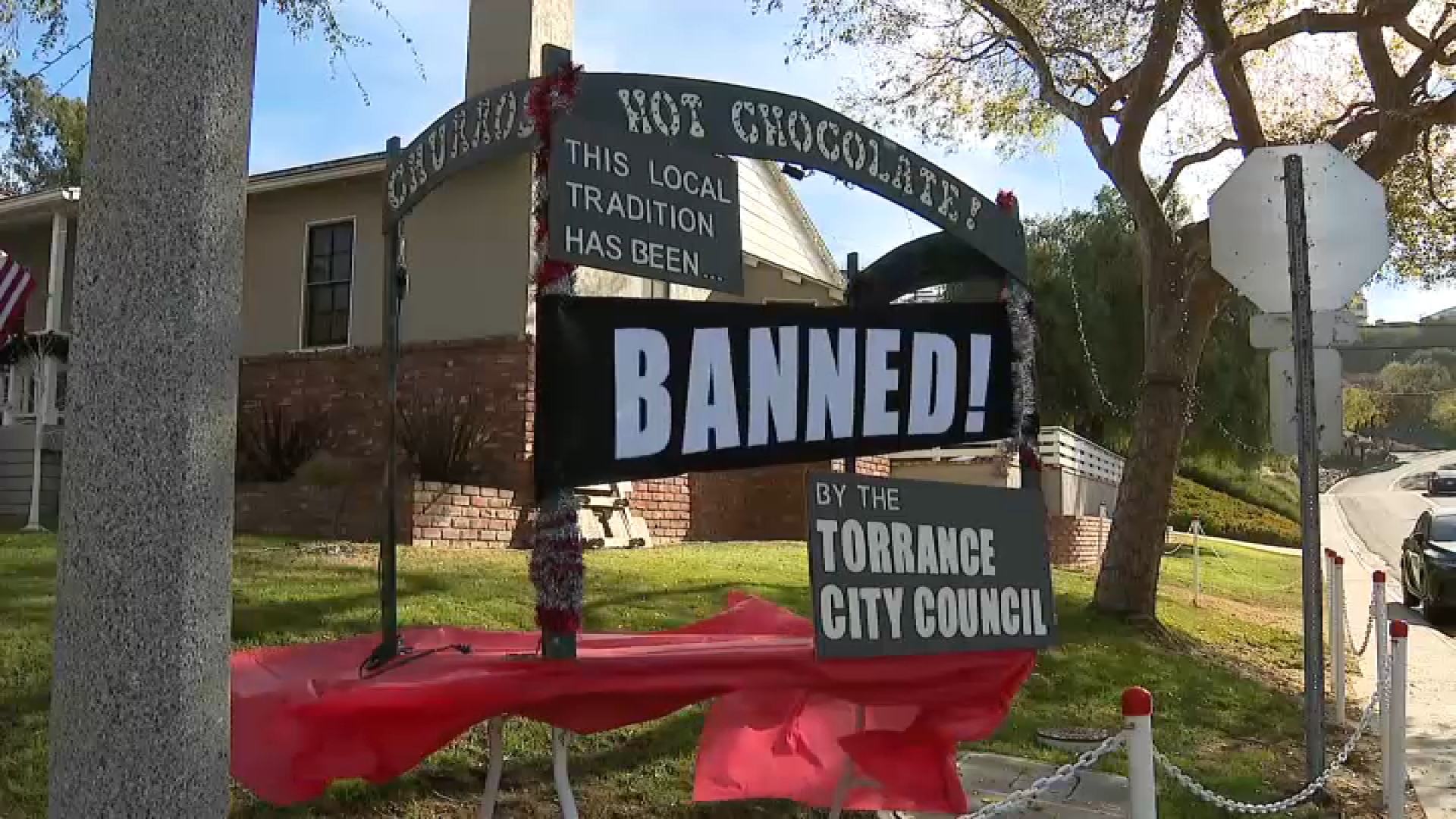If this week's high temperatures have you close to your limit, you're not alone: California's power grid is, too.
A Flex Alert has been issued for 4 p.m. to 9 p.m. on Wednesday, Aug. 17, with the California Independent System Operator calling on everyone in the state to conserve energy and avoid rolling blackouts.
What Is a Flex Alert?
When the weather gets hot, and the air conditioners turn on, Cal ISO -- the office that manages the flow of electricity for about 80% of the state -- will issue a Flex Alert. It's essentially a request asking residents to voluntarily conserve electricity during a specific period of time.
Get top local stories in Southern California delivered to you every morning. >Sign up for NBC LA's News Headlines newsletter.
That time period is typically during peak hours, when most power issues occur. As more people use their AC, that puts stress on the power grid. Too much stress can lead to rotating outages.
It's an issue of supply and demand, especially as people come home from work, children come home from school, and everyone starts to cook, clean and blast their air conditioning.
You can learn more about the different levels of Flex Alert and what they mean, along with some tips for power outages, by clicking here.
Local
Get Los Angeles's latest local news on crime, entertainment, weather, schools, COVID, cost of living and more. Here's your go-to source for today's LA news.
What to Know
Wednesday afternoon's Flex Alert has been issued statewide in California, between 4 p.m. and 9 p.m.
During that time period:
- Set your thermostat to 78 degrees of higher, if your health permits.
- Turn off unnecessary lights.
- Avoid using major appliances.
Before the Flex Alert period kicks in, you can pre-cool your home by lowering the thermostat and close any window coverings you have to keep your home or apartment cool.
Cal ISO has a notifications page where you can sign up to receive updates. Check you local utility's page for other alerts.
Heat Safety Tips
High temperatures bring an elevated risk of heat illness, which comes in two forms: heat exhaustion, and the more extreme heat stroke.
Heat exhaustion symptoms include heavy sweating and a rapid pulse. If you feel yourself coming down with heat exhaustion, get to air conditioning quickly and drink lots of water to stay hydrated.
Heat stroke is what happens when heat exhaustion is not treated. People experiencing heat stroke stop sweating entirely, and may lose consciousness. Seek help immediately by calling 911 if you or someone you know is experiencing heat stroke.



